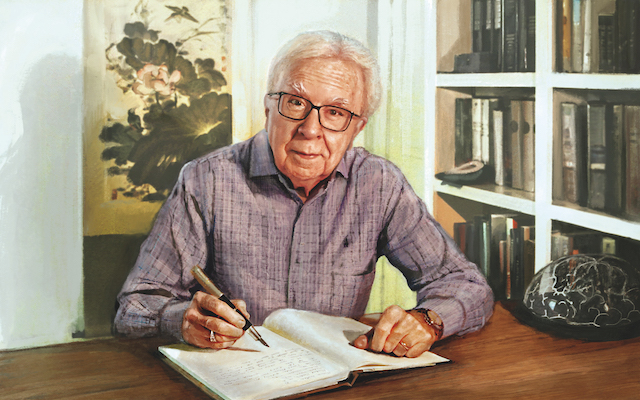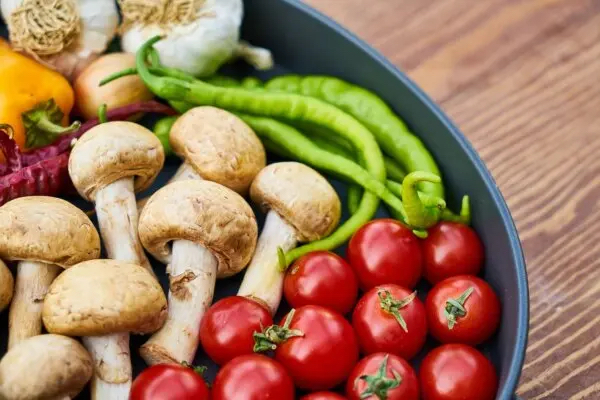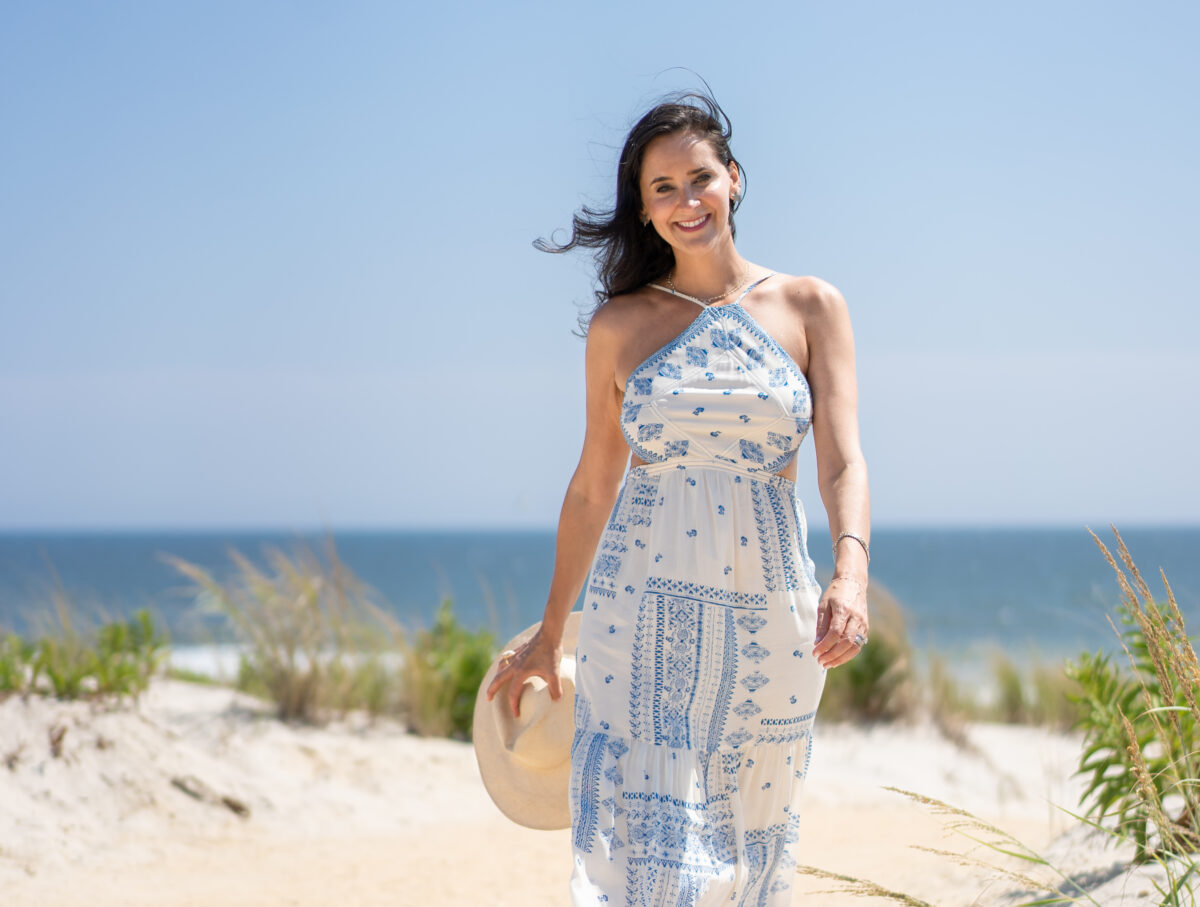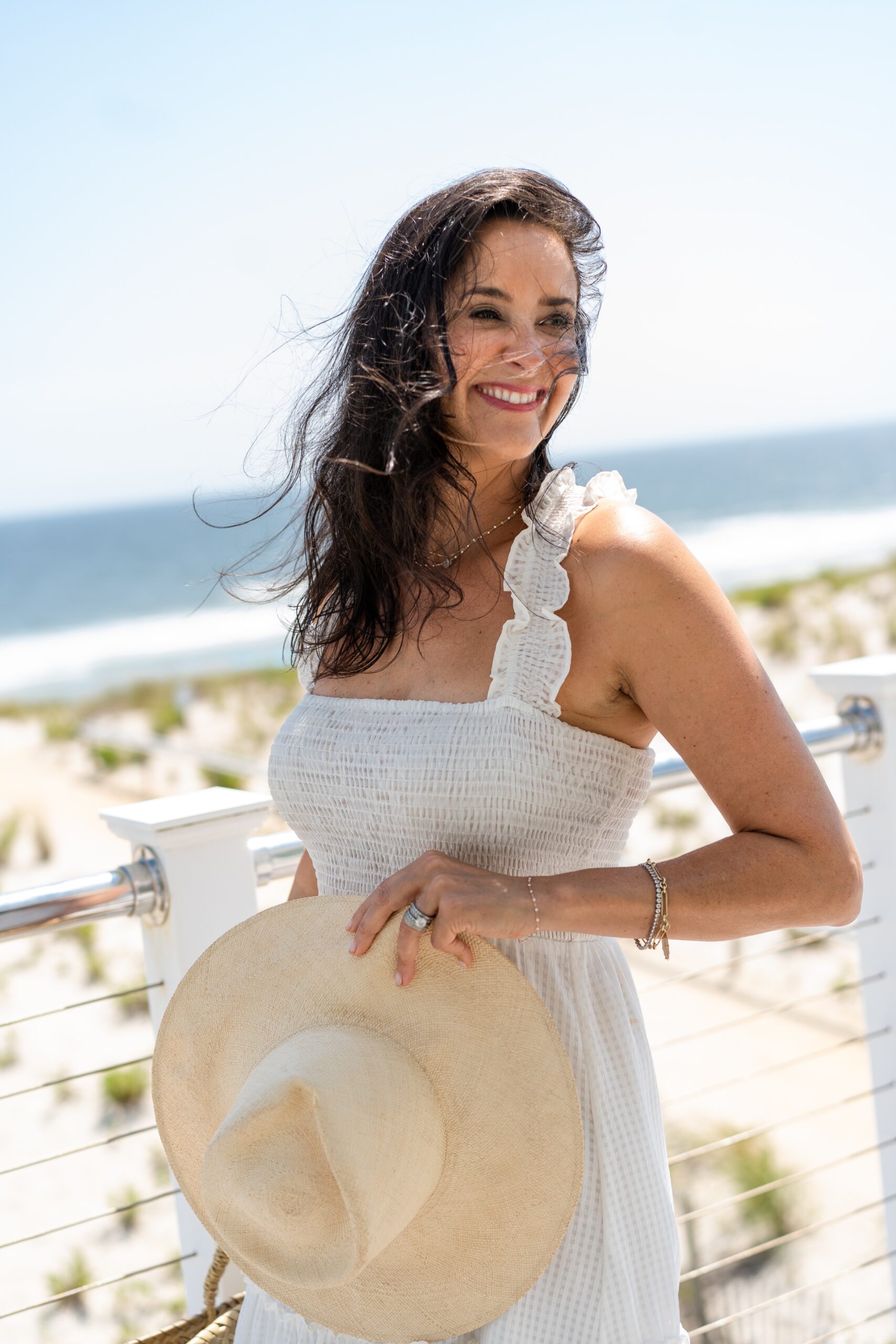The rise in dementia cases in advanced societies presents a very real fear for most Americans. Many people become hyper focused or fearful about dementia-related conditions.
But Dr. Richard Restak, a clinical professor of neurology at George Washington Hospital University School of Medicine and Health Sciences, says there are preventative measures you can take to keep the brain sharp and build memory. Dr. Restak is the author of 21 books about the human brain, including his recently released book “How to Prevent Dementia,” in which he offers techniques to prevent losing memory recall, everyday speech, or diminished problem-solving skills as you age.
He added that if someone comes from a family in which Alzheimer’s is very common, then it should be a concern. He suggests early testing for diagnosis so that you can stay objective in early treatment. Early detection can also help differentiate between what could be early signs of dementia or normal aging conditions. Often, misdiagnoses can be avoided. Dr. Restak also provided tips on how to keep your cognitive functions sharp.
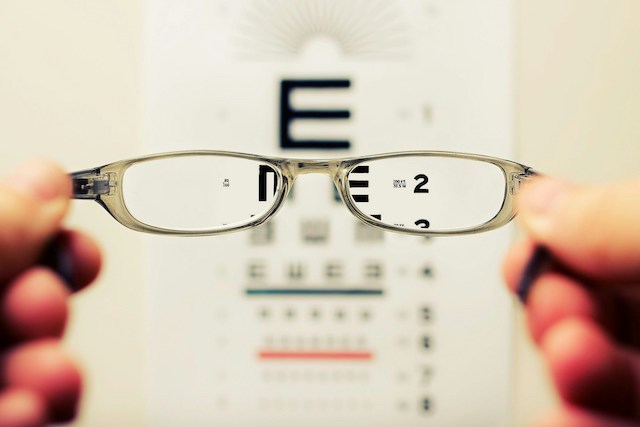
Have your hearing and vision tested periodically. Most people think that the first signs of dementia are memory loss and confusion, but poor vision or hearing is often a first sign of dementia. Testing can help determine whether to heed a warning sign, or to start wearing hearing aids, for example—which are simply an augmentation of our ability to function well as we age.

The social aspect of preventing dementia is often overlooked, and Dr. Restak suggests a few behavioral social approaches: Be curious and learn new things. One way is to be socially active, meeting new people who have the same interests to keep your mind engaged in the here and now. Next, find ways to keep your mind busy with memory exercises like finding the definition of a new word every day. Dr. Restak often recites from memory the chronological order of American presidents.
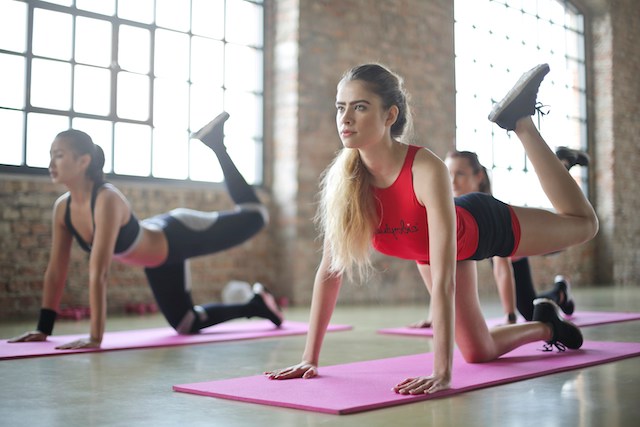
Exercise and physical activity are important for living a healthy lifestyle. “What’s good for the brain is good for the heart, too,” Dr. Restak said. He prefers the Mediterranean diet to preserve his cognitive reserve.

“Do the things you enjoy like reading novels or traveling (which is a kind of education) or listening to good music. It’s helpful to not live a stressful life,” Dr. Restak said. Realize that we don’t have total control over everything, and make peace with that for a happier existence.
Dr. Restak lives by what he recommends. His daily routine consists of reading a book or writing as the first thing upon waking. He eats a light breakfast and then walks the dog for exercise. When he goes to the office to see patients, he will often do various physical and mental exercises in between patient visits. In the evening, he reads with his wife, listens to audiobooks together, or watches a documentary of something interesting. He says he just keeps learning things that are of interest.
From May Issue, Volume IV

